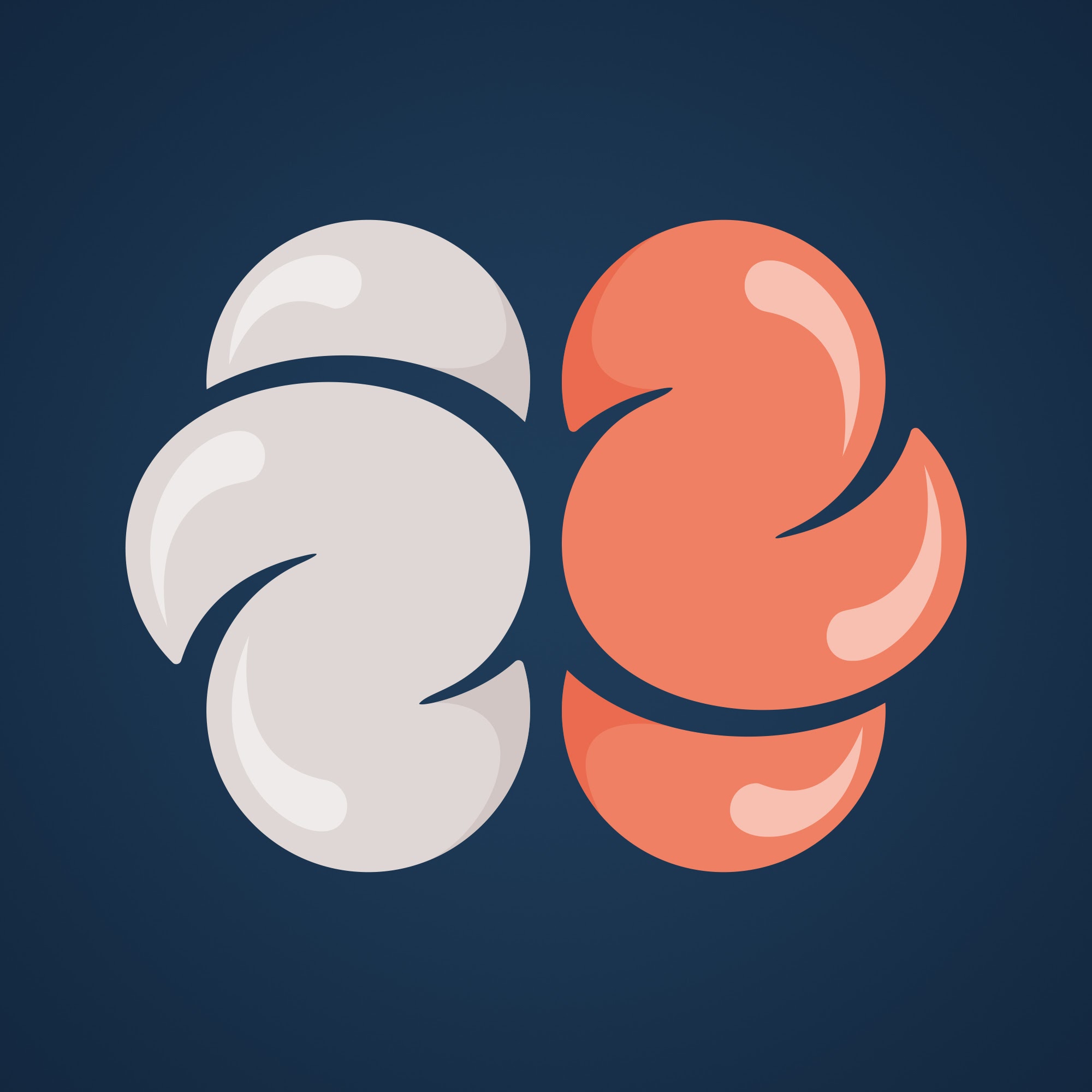2015-08-27
[public] 51.6K views, 2.16K likes, 53.0 dislikes audio only
4KCan Mary learn anything in the Knowledge Argument? Let me know in the comments!
My Twitter https://twitter.com/nessyhill | Instagram https://instagram.com/nessyhill
Subscribe to BrainCraft! http://ow.ly/rt5IE
BrainCraft is written and hosted by Vanessa Hill for PBS Digital Studios. Talking psychology, neuroscience & why we act the way we do.
Sound design: Joel Werner (http://joelwerner.com)
Production Assistant: Ella Colley
Keep in touch!
Snapchat: nessyhill
Twitter https://twitter.com/nessyhill
Instagram https://instagram.com/nessyhill
Tumblr http://braincraft.tumblr.com
Facebook https://www.facebook.com/Braincraft
More BrainCraft!
Can You Solve This Dilemma? /youtube/video/9xHKxrc0PHg
Can Computers Have Personalities? /youtube/video/Q37HAVUqE-8
REFERENCES
The Knowledge Argument:
Jackson, F. (1982). Epiphenomenal qualia. The Philosophical Quarterly, 127-136. http://thatmarcusfamily.org/philosophy/Course_Websites/Contemporary/Readings/Jackson.pdf
Jackson, F. (1986). What Mary didn't know. The Journal of Philosophy, 291-295. http://www.univpgri-palembang.ac.id/perpus-fkip/Perpustakaan/Perpus%20Cero/Filsafat/Filsafat%20Modern/Materialisme%20Modern.pdf#page=199
On Physicalism and Qualia:
http://plato.stanford.edu/entries/qualia-knowledge/
The Mind-Body Problem
Bunge, M. (2014). The mind–body problem: A psychobiological approach. Elsevier. https://books.google.com/books?id=AnKoBQAAQBAJ&printsec=frontcover&source=gbs_atb#v=onepage&q&f=false
Experiment:
Soon, C. S., Brass, M., Heinze, H. J., & Haynes, J. D. (2008). Unconscious determinants of free decisions in the human brain. Nature neuroscience, 11(5), 543-545. http://www.ncbi.nlm.nih.gov/pubmed/18408715
/youtube/video/qFfRobt5VPw?t=0
/youtube/video/qFfRobt5VPw?t=48
/youtube/video/qFfRobt5VPw?t=65

